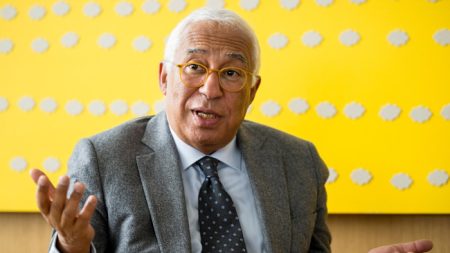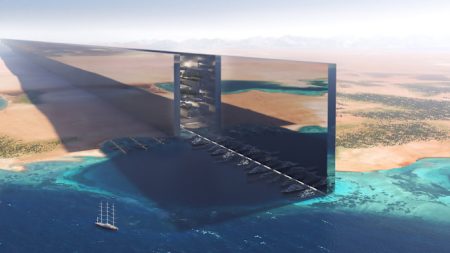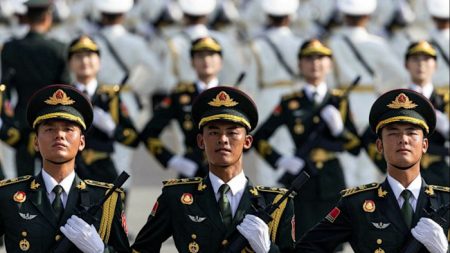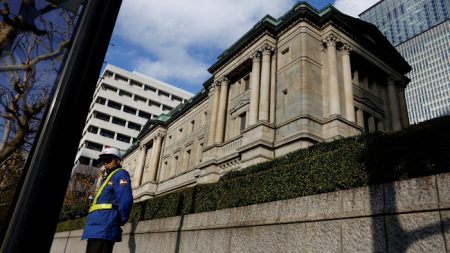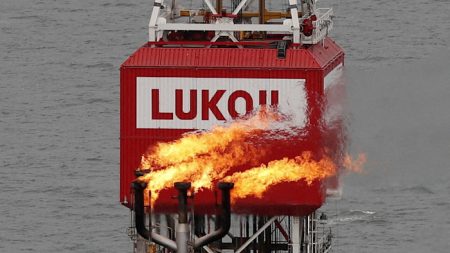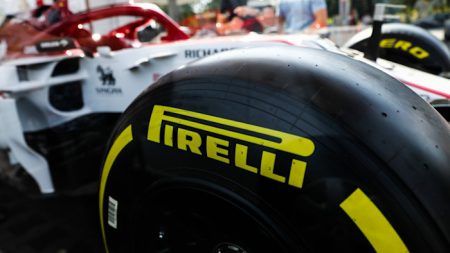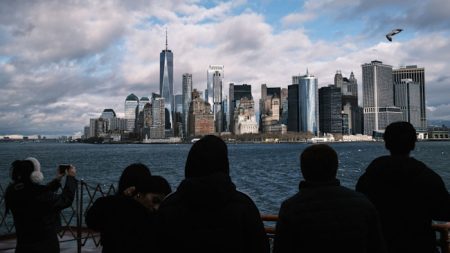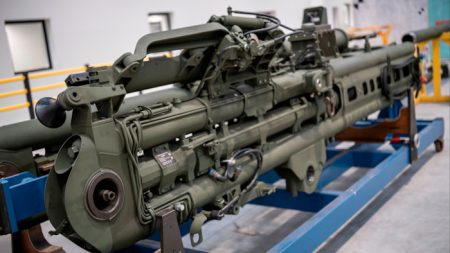Unlock the Editor’s Digest for free
Roula Khalaf, Editor of the FT, selects her favourite stories in this weekly newsletter.
Triathletes from around the world are hanging in suspense over whether the swimming leg of their Paris Olympics event can be held in the Seine river on Tuesday.
The final training sessions on Sunday and Monday were cancelled because heavy rain in the two previous days and unseasonably cold temperatures pushed up E.coli and other bacteria levels above those considered safe by the World Triathlon, according to organisers.
French authorities have made a huge bet that a €1.4bn infrastructure upgrade to the capital’s antique sewage system and water treatment plants would suffice to hold triathlon and marathon swimming in the river. But the plans are weather-dependent since the sewage system overflows into the Seine when it rains heavily, so as to avoid flooding the streets.
They also built a massive underground storage tank that captures excess rainwater when the sewer system is overwhelmed. It was not enough to contain the storms on Friday and Saturday that amounted to the equivalent of two weeks of rain, said organisers.
The 55 triathletes are scheduled to dive in from the starting line near the Pont Alexandre III on Tuesday morning at 8am. But they will not find out from organisers if the event can go ahead as planned until 4am, potentially causing last-minute stress or sleep interruptions among athletes who have trained for the event for years.
If the water quality is poor, the event can be postponed to August 6, in a contingency plan set up by organisers. The women’s triathlon is set for Wednesday, and mixed relay on August 3 — with options to delay their races, as well.
“Given the weather forecast for the next 36 hours, Paris 2024 and World Triathlon are confident that water quality will return to below limits before the start for of the triathlon competitions,” the two bodies said in a joint statement on Monday.
They cited “summer conditions” observed earlier this month, when more sunshine, higher temperatures and no rain had “improved significantly” the water quality in the Seine.
Étienne Thobois, the chief executive of Paris Organising Committee, said Monday that water levels and speeds were within acceptable ranges. “We do not have an issue with that,” he said, adding that the samples on which the decision would be based were taken 24 hours before the start.
If the competition goes ahead, it will be the first time athletes have swum in the Seine since the 1924 Paris Olympics.
Mike Cavendish, the British Triathlon performance director, said the cancellation of some training sessions was not ideal but would affect all athletes equally: “We have great confidence in the preparation we’ve done and know our athletes will be on the start line in the best possible shape to compete at their best.”
The organisers, along with the French government and Paris mayor Anne Hidalgo have vaunted the river clean up as a key legacy of the games.
Hidalgo and Tony Estanguet, three-time gold medallist and the head of the Paris organising committee, swam in the Seine earlier this month triumphantly proclaiming it ready for the Olympics — images that made global headlines.
But if the river events are cancelled it will be a major blow to organisers, who otherwise avoided major budget overruns or missed deadlines. Just two new venues have been built, with most events being held in temporary venues near tourist landmarks such as beach volleyball at the Tour Eiffel and equestrian competitions at the Versailles Palace.
Since the Paris games opened on Friday, the heavy rains have caused several other events to be delayed, such as skateboarding and tennis matches.
Downpour also marred the extravagant opening ceremony, which included 10,500 athletes on a boat parade on the Seine. Some performances were scaled back, while spectators and heads of state were drenched as they watched the show in the heavy rain.
Read the full article here





